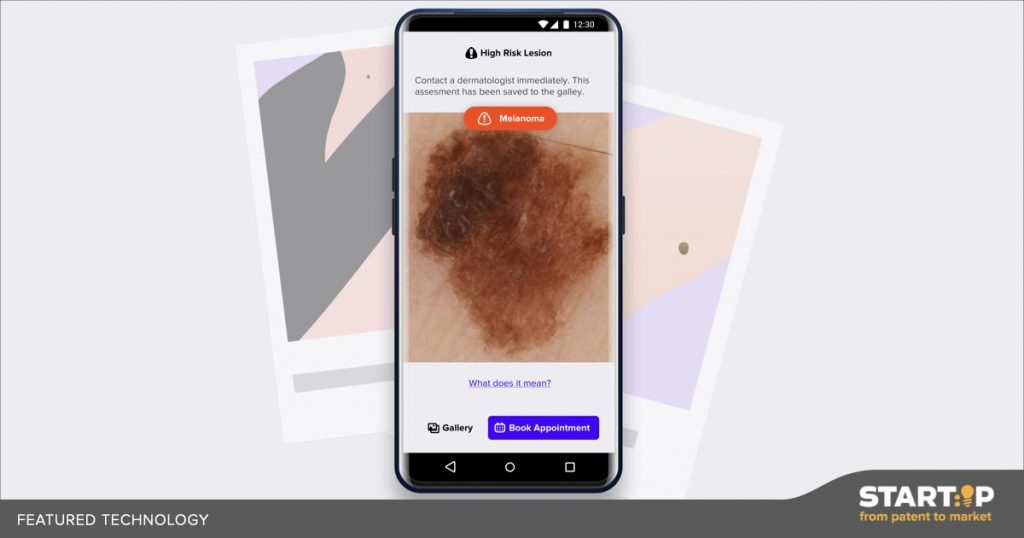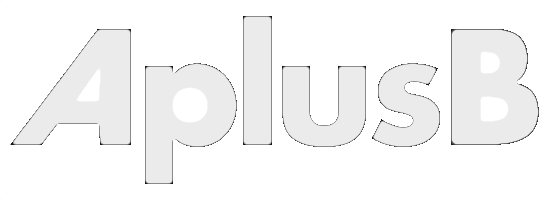Skin cancers are incredibly common, but they are difficult to detect at an early stage. We all have odd moles and bumps on our skin, but these are examined by a doctor maybe once a year, at most. With this app, patients can self-monitor their skin lesions and get an accurate prediction of cancer risk.
START:IP
Technology Abstract
Skin Lesion Detection and Diagnosis
App for Better Skin Lesion Detection and Diagnosis
Bookmark6
The app has been trained to assess skin lesions for cancer risk using an artificial intelligence (AI) algorithm, based on a dataset of over 20,000 images of differently diagnosed skin lesions. It has already been proven to be more accurate than general practitioners and dermatologists. However, the app is not intended to replace these doctors, but to help them do their job. There are two versions of the app – one for patients and one for practitioners. As a patient, you can self-monitor your own moles by taking a photo, which the AI assesses and gives you a risk level for. High-risk lesions will be recommended for a doctor’s appointment, which can be booked using the app. In the dermatologists’ version of the app, doctors can similarly upload images taken by a dermascope (a more specialized camera for skin lesions), and add any further information such as treatment regimes, follow-up photos, and other test results. In this way, the app keeps a record of the disease progression, but more importantly, the AI can continue to learn from this. Every week the AI undergoes retraining, with the ever-expanding database of photos and other clinical details, to further improve the prediction accuracy. The app was designed alongside practitioners, making it easy for them to integrate into their practice. Ultimately, however, it is the patients that benefit the most, from being able to get faster, more accurate, assessment of their skin lesions and get appropriate treatment at an early stage.
If you click the button and fill out the form to be “matched” with a technology, we will introduce you to the scientist / transfer manager of the respective research institution. In this way, you immediately have the chance to receive more detailed information and to start discussions about a possible joint project.




